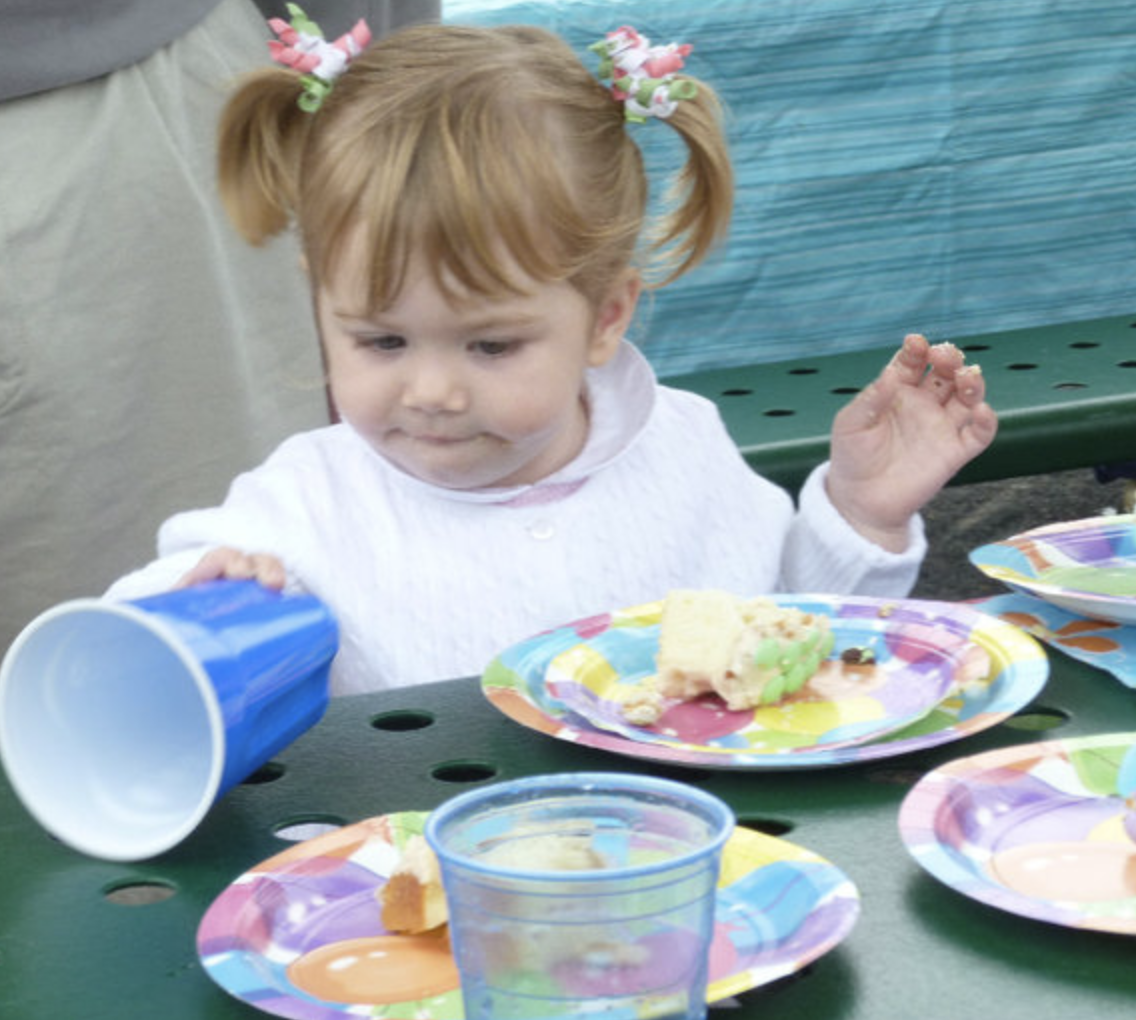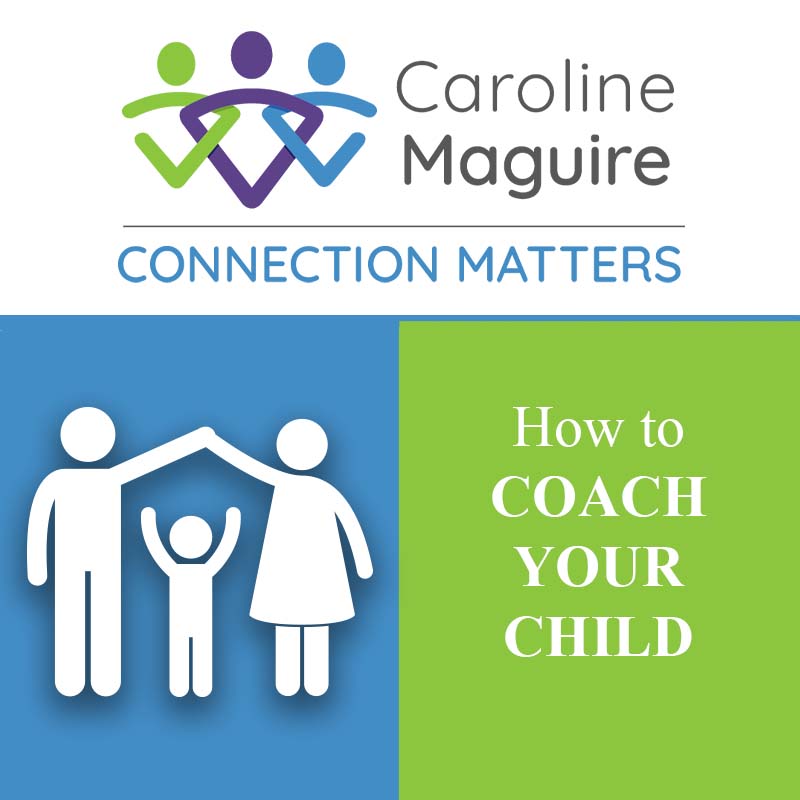What Can I Do To Help My Kid Who Seems So Easily Frustrated By Little Things?
Frustration is something most of us are familiar with. We may have had our hearts set on something that didn’t materialize, or we personally fell short on a goal, or someone had promised us something that didn’t happen. The same frustrations can exhibit in our kids too. And some kids can be more easily frustrated than their peers.

Why Do Some Kids Get Easily Frustrated?
Challenging situations seem to arise daily. Our kids are not pre-programmed with frustration management skills! As your child’s mentor, advocate and coach, I want to help you help your child build coping skills.
It is Important to identify whether your child is able to pinpoint the reasons for the intense feelings and constructively work through it. We will work on how to express the frustration in healthy ways. Unresolved or unexpressed frustration can cause other problems including depression or physical illness.
The first step to overcoming frustration and anger is to notice your child’s discomfort and address the intense feelings and emotions. Some of us were raised to refrain from expressing our frustrations and anger. I recommend, instead, that you and your child try some of the strategies below.
6 Strategies to Help the Child Who Gets Easily Frustrated
1. Identify the Source
Nobody reacts to frustration the exact same way as someone else. In fact, even we handle frustration differently depending on the reason, triggers or situation. It is important to understand the source or cause of the frustration. Some common triggers that can easily frustrate a child include transition, misinterpretations, stress, hunger, exhaustion and new or unexpected situations.
2. Model Healthy Expression
Your kids are watching your every move. How do you handle frustration, intense feelings and last-minute changes? If you tend to lose your patience, they will likely follow suit. Modeling constructive responses by remaining calm and seeking solutions will speak louder than words.
Constructive, adaptive strategies to managing frustration:
•Talk about it – When your child is in a comfortable and safe environment, broach the topic(s) by asking open questions. Don’t assume you know the reasons or situation. By talking out loud, you and your child are able to hear the thought processes and better understand the root cause. It will also help both of you become more clear about her feelings. You can even encourage your child to do this alone if they are at a certain age. They can record or write their feelings, etc. to better hear how they express themselves as if they were listening to someone else.
•Make a list – Help your child write a list of their concerns and frustrations. When they see a complete list of all the things bothering them, they can review, prioritize and decide which ones they can truly change and which are not under their control.
•Change the environment – Some things can be changed simply by identifying the cause and collaboratively making adjustments. A sibling, TV or outdoor noise may be a source of frustration. Simply move the TV or wear earplugs or earphones if necessary.
•Seek help – Sometimes even the most dedicated parent is not able to handle a situation. Talk to a trusted clergy member or a professional if your child has difficulties coping with daily life, is breaking down for seemingly small reasons or if you find you must significantly alter your life to support your child.
3. Connect before you correct
I am a huge fan of this phrase! If your child is starting the spiral into a tantrum, melt down or other – or is already engaged – I recommend you both retreat and settle down. It is impossible to reason when emotions are high. As you are regaining composure, remind yourself of your child’s temperament. For instance, are they high energy, cautious, sensitive or confrontational? When the time is right, set the stage to connect. A high energy child might be better at listening when they are actively engaged in an activity, whereas a sensitive child may need to be in a comfortable, calming environment. Regardless of your child’s particular temperament, a reboot is almost always an important first approach.
4. Coach your child
Coaching, guiding or suggestions strategies during overwhelm will not be productive. Wait for the right opportunity to coach your child using these strategies. Until that time, give them a big, warm hug. This is not the time to tell them to work harder. Instead, it might be a good time to let them settle into their thoughts and problem-solve alone. When you feel the time is right, I offer more suggestions In How to Coach Your Child.
5. Build Lifelong social skills
Resilience comes from addressing frustrations and challenges, working through solutions, and coming out on the other side stronger. As parents, we may want to “fix” the problem, but this is not in our children’s best interest. While they are young, it is important to practice life skills such as facing disappointment and frustration head on. Starting with smaller struggles and building resilience will help them with the larger, adult challenges.
6. Validate Feelings
Being heard and understood is important to all of us. You may not know the reason for the frustration but acknowledging his feelings can be very validating. Consider saying something to him like, “Hey Buddy. It looks like your homework is hard. Is that right?” The key is to connect with your child and show him that you are on his side. Getting a glimpse into his world will help him recognize that you are a source of support.
As your child’s social skills coach, it is important to remain consistent over time. You will need to remind your child, over and over, to practice these strategies. It takes three weeks to develop a new habit. Keeping the habit up will ensure it keeps working.
Frustration Can Be a Good Thing
One key for using all three strategies is to consistently follow through for at least three weeks, the typical period of time necessary for establishing a new habit pattern. Once a habit is established, it is usually easier to maintain it. What works keeps working. When skills are developed, a child can learn to be more resilient. Strategies and patience will get you both there!
Social Skills Deeper Dive
More actionable advice, exercises and videos can be found in the Store

How to Coach Your Child – Kids need good role models. Skills like listening and communication are critical. This exclusive program for parents teaches how to coach your kids for life.
Adults with ADHD Social Skills Training: How to Get Along with Everyone – 2-Part Seminar with Caroline Maguire – Starting December 7, 2021
Rusty Social Skills Bundle – Everything you need to help students return to the classroom for the development of critical social skills.
Coaching Conversations Video Course – How to use the lessons in Why Will No One Play with Me? in everyday life using real people and real scenarios
From “Hi” to a Full Conversation – How to adapt conversation starters to initiate small talk.
Joining a group Infographic – Make joining a group less intimidating – and more fun!
Building a Conversation Infographic – Learn how to engage in reciprocal give-and-take
Steps for Joining a Group Video – Step by step details to comfortably and successfully join a group
How to Read the Room as an Adult – Managing perceptions and engaging successfully
How to SEL – HOW TO help children build social skills



